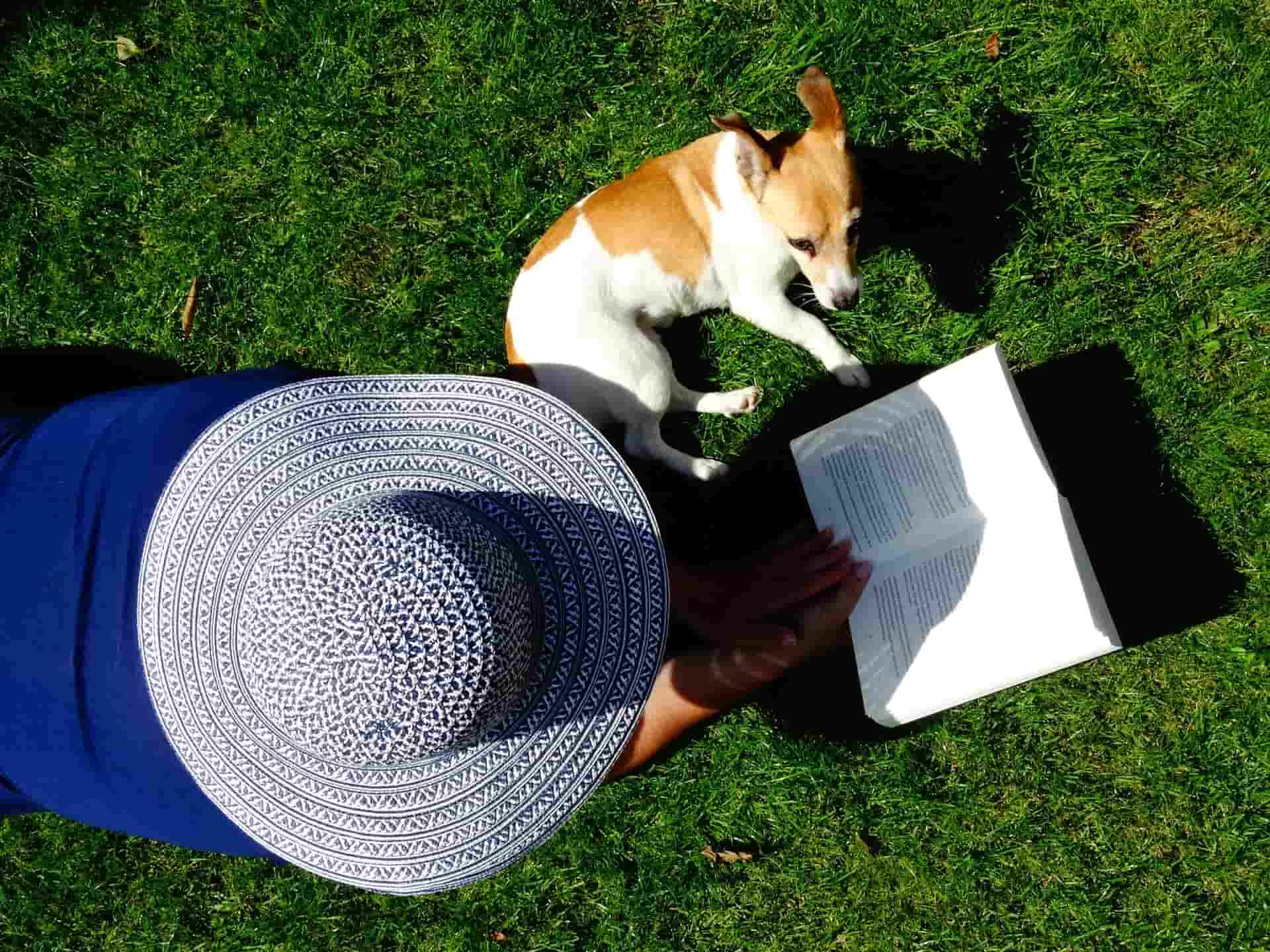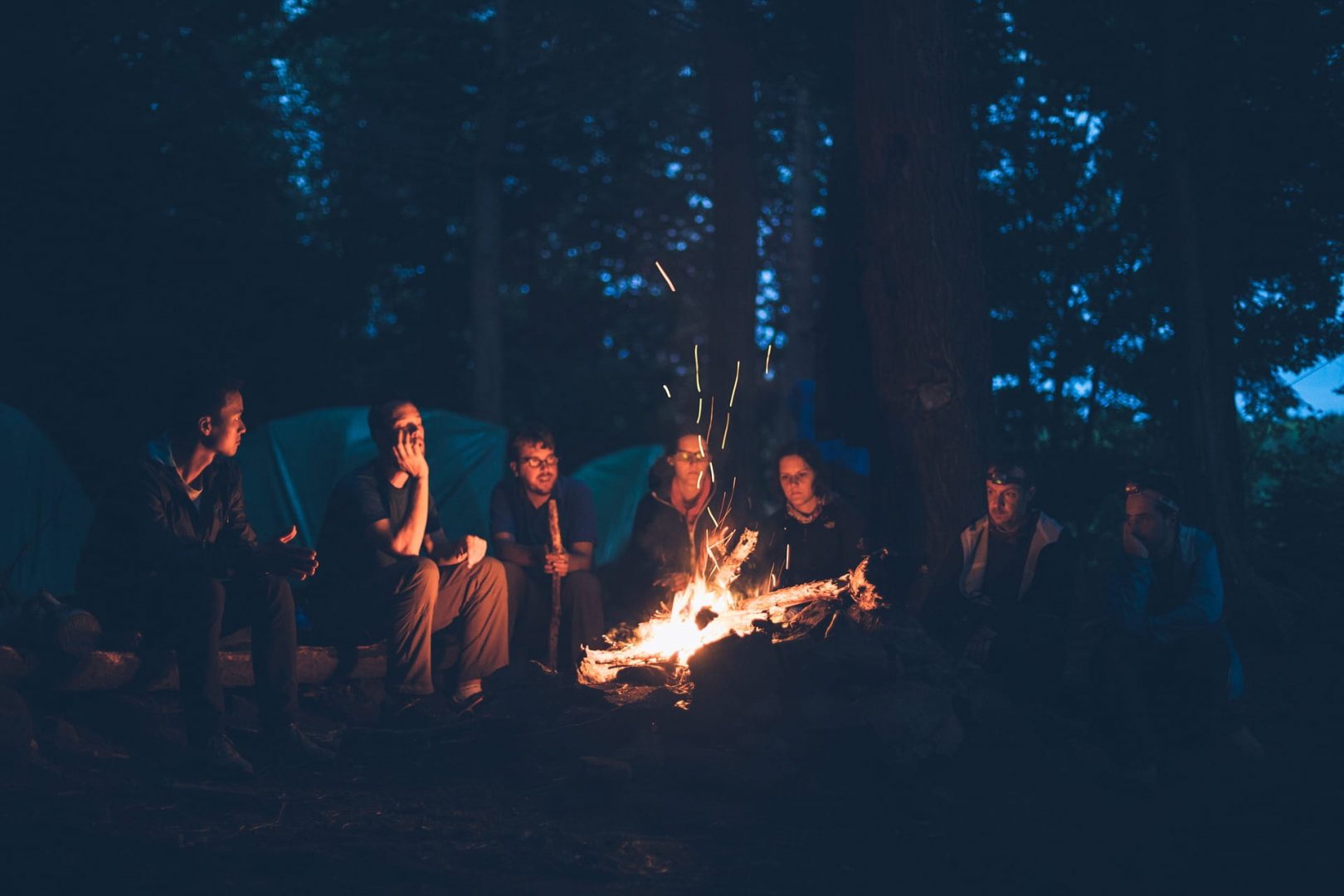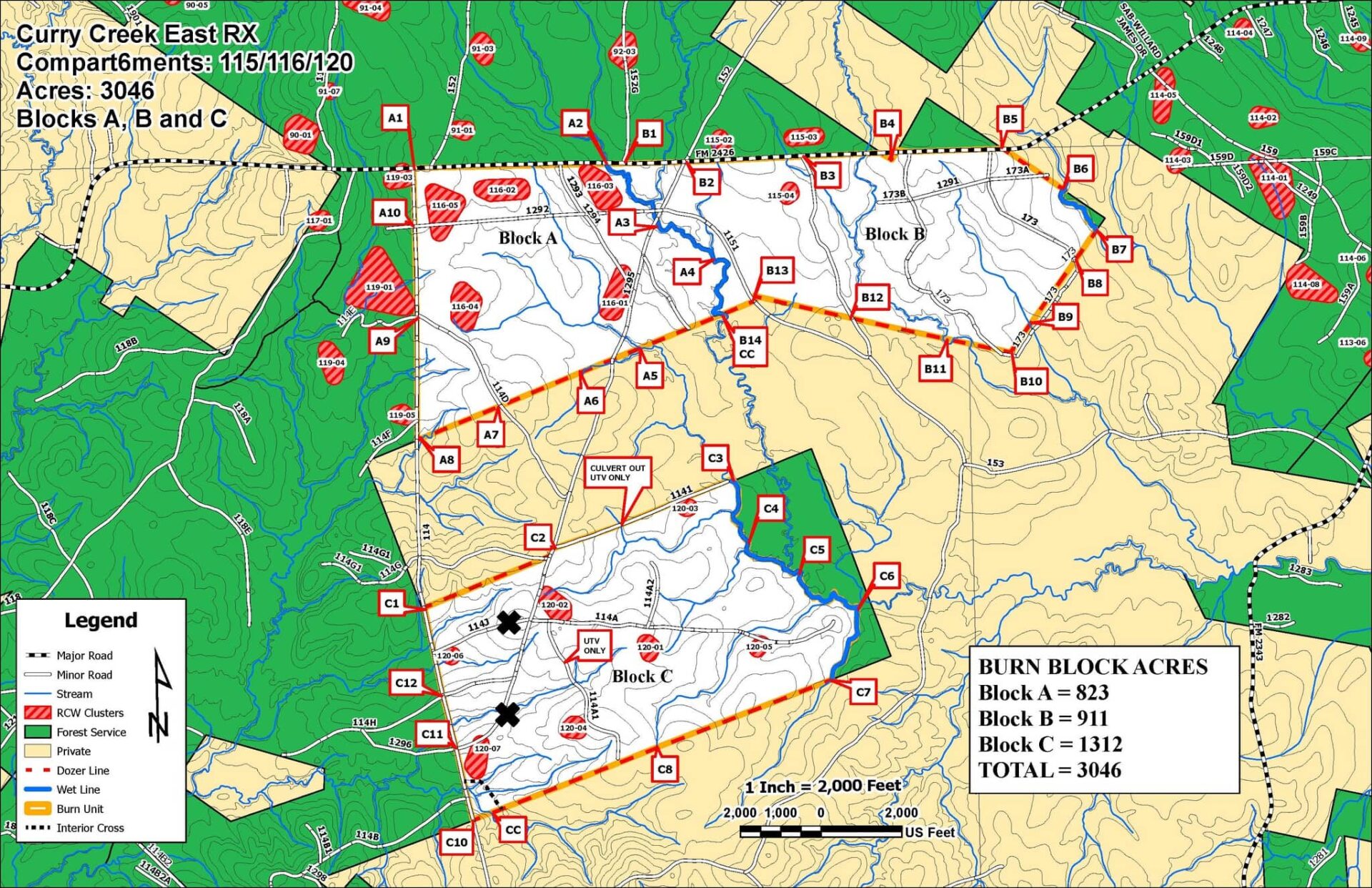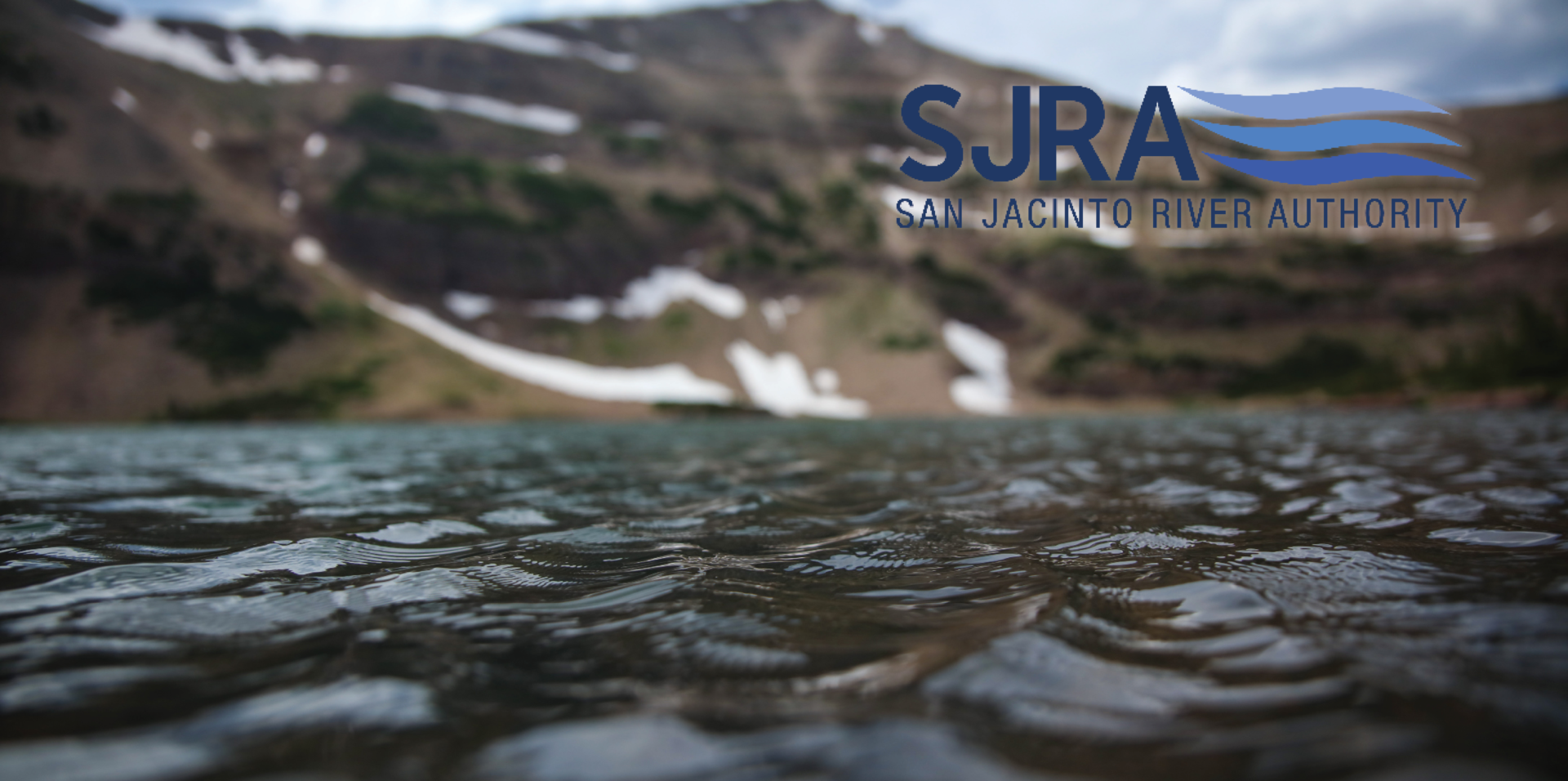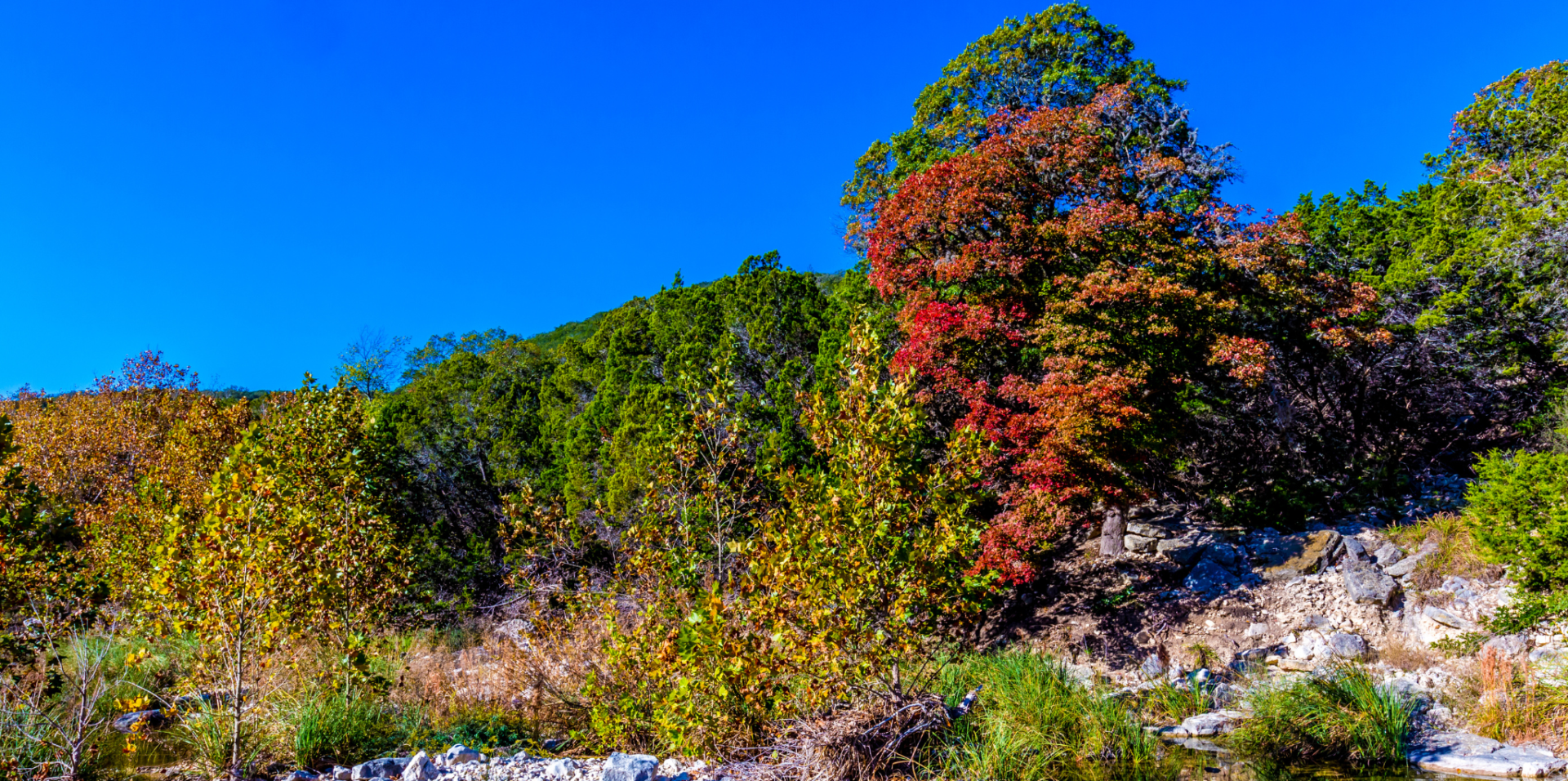Camping for beginners can be an experience that lasts a lifetime. Camping is for just about anyone, but if you’re new to the game, there’s some groundwork that needs to be covered. Don’t let the learning curve scare you. Above all else remember that preparation is key to having a successful camping experience. Here is the lowdown on camping for beginners.
Note: this article contains affiliate links
Basic Camping Supplies for Beginners
Camping for beginners starts with having the right gear. . You may own several camping supplies already, but if not you can likely borrow these items. However, if you plan on making this a lifelong hobby then you want to spend some money to get some quality gear that lasts a while. If you don’t plan on making this a habit, try to borrow as much as you can from friends and family. Camping gear can get expensive and you’ll need multiple pieces to have a successful first camping trip. Here are the must-haves for almost any camping trip:
- Tent
- Camping stove
- Backpack
- Sleeping bag
- Sleeping pad
- Charcoal
- Cooler
- Pillow
- Flashlight
- Cast iron skillet
- Chairs
- Paper towels
- Duct tape
- Hammer
- Swiss army knife
- Axe
- Bungee cords
- Lighter
- Jacket
- Tarp
- Toilet paper
- Paper towels
- First aid kit.
This is not an all-inclusive list of everything you could possibly need, but will definitely give you a solid foundation on your supplies. If you are looking for a more in-depth look at camping supplies , check out REI’s checklist with other items that will be helpful for camping for beginners. You also need to keep in mind that you might need protection while camping, especially if you’re going to a big national park.
In some national parks, animals like bears, cougars, bobcats, snakes, and other creatures roam the forest. Do some research before heading out on a camping trip to make sure that you are prepared. Usually, you can call the staff at the park and they can give you guidelines about wildlife and how to deal with it. This shouldn’t be your first priority as most animals will stay clear from humans, but it can be nice to have some protection just in case.
Have an emergency plan
Camping can be fun for the whole family, but before you head out on your first adventure make sure to go over the basics of first aid. Although the first aid kit was last on our list, it is one of the most important items to pack. That first aid kit can be critical in emergency situations. Review the materials in the kit, and what each item can be used for. Most emergency first aid kits have instruction manuals in them that review each tool.
Also, you need to have an emergency plan should something happen while camping. If you’re camping with family or with friends. you need to talk about how to reach help if something were to go wrong. The likelihood of something going wrong is small. However, it’s always better to be safe than sorry. This will help camping for beginners who are nervous about being disconnected from safety.
In addition, if you are truly worried about safety, try camping close to home. That way, if you are ever in need of something you can always rush home for it.
What to wear and meal prep
Planning what to wear while camping can be hard because it depends a lot on what you want to do. First and foremost, you’re going to want to wear clothing that you can get dirty in. You should also bring shoes that can get wet and are leak-proof. The entire time you will be surrounded by dirt and wildlife so don’t wear an item of clothing precious to you. Shorts and a t-shirt are fine if you plan on staying around the campsite or walking a small trail. Always bring a jacket, even in the summer. You never know when it can rain or if the temperature will unexpectedly drop at night.
Camping for beginners often requires you to be out in unfamiliar elements, especially if you go to national parks. So be prepared should a rainstorm or cold front come through. A rain jacket is also a good idea as well.
However, if you plan on hiking, stay away from cotton materials as they hold sweat and stick to the body. You will also want to wear pants while hiking as plants and tree limbs can scratch at your legs. You’ll need comfortable climbing shoes and a backpack to hold all your gear.
When it comes to cooking, keep it as simple as possible. Doing just the bare minimum of meal prep can help your trip be much smoother. Bring items that you can keep cold in a cooler (such as hot dogs or burgers) that are already pre-cooked. You can cook them over a fire and put them in a bun with toppings for multiple nutrients. There are also items like bagels, fruit, trail mix, eggs, and granola bars that can help make mealtime easier. Plan out your meals beforehand and plan for them to be easy to cook.
After a long day of walking and playing, the last thing you want to do is spend an hour and a half trying to cook a meal. If you have access to electricity and water while camping, try bringing an Instant Pot. They can cook multiple meals fairly quickly and for large groups for people.
What activities are you going to do?
Most new beginners like the idea of camping but wonder “am I just going to sit around all day in the hot sun?” Not hardly. There are loads of things to do while camping. You can go swimming, hiking, nature walking, stargazing, scavenger hunting, fishing, and so much more. A little secret for camping for beginners: camping is what you make it. The more you plan out your trip and find stuff to do, the more fun you’re going to have. Even if you just want to sit by the lake, that can be enjoyable for a lot of people. While you’re camping, have a cornhole tournament. It’s a simple game that just about everyone can play. Doing activities like that can bring you, your friends, and family closer with every outing.
Primitive Camping vs. Developed Camping
Lastly, you need to decide between primitive camping and develop camping for your first outing. Most recommend developed camping for those going out on their first trip.
Developed Camping: you set up camp on a lot or some designated area. You usually have access to community bathrooms, running water, and electricity close by.
Primitive camping: You rough it, usually walking into the wilderness with all your gear and find a place to set your camp. You won’t have access to anything except what you carry on your back. This can be a little extreme for first-timers, and if you didn’t grow up camping, it can seem daunting.
Make your choice based on what you think you can realistically handle. Also, if you can manage it, don’t go on your first camping trip alone. Try to bring someone along who has been camping multiple times and is an expert. They can help teach you the skills you need to know about camping for beginners.
Like this content and want more? Subscribe to Dock Line Magazine and receive free content like this in your email.
